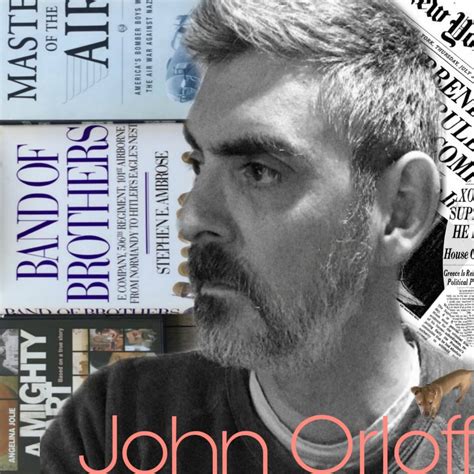A Quote by Michael Portillo
Before my teens, my contemporaries were reading Tolkien and were absorbed by his works, but try as I might, I could not be drawn in, perhaps as something in me resists the epic, medieval-feeling fantasy.
Related Quotes
Besides, I'd seen a really nice pair of shoes yesterday in the mall and I wanted them for my own. I can't describe the feeling of immediate familiarity that rushed between us. The moment I clapped eyes on them I felt like I already owned them. I could only suppose that we were together in a former life. That they were my shoes when I was a serving maid in medieval Britain or when I was a princess in ancient Egypt. Or perhaps they were the princess and I was the shoes. Who's to know? Either way I knew that we were meant to be together.
When Peter Jackson did The Lord of the Rings trilogy with Fellowship of the Ring, not everyone had read Tolkien, and yet somehow with that scope and the spectacle of that fantasy, people were willing to give it a shot. And when they watched the first one, the characters drew them in and they started understanding the story. And then, all of a sudden, they were The Lord of the Rings fans, even if they never read Tolkien.
So for all that we might speak words in each other's vicinity, this could never develop into anything that could be called a conversation. It was as though we were speaking in different languages. If the Dalai Lama were on his deathbed and the jazz musician Eric Dolphy were to try to explain to him the importance of choosing one's engine oil in accordance with changes in the sound of the bass clarinet, that exchange might have been more worthwhile and effective than my conversations with Noboru Wataya.
I might sound crazy about this but, years ago, my mom told me: "We almost died when you were born. Both of us." I was a Caesarean baby, and the doctor who delivered me later told me, "I opened your mother up, and you were right there. It freaked me out because everything was broken and out-there." I've thought about it a lot - could this have something to do with the fact that I'm only happy when I'm at home and alone? Maybe I was just freaking out for two weeks before I was born, feeling really insecure.
I think the tendency to over-explain and over describe is one of the most common failings in fantasy. It's an unfortunate piece of Tolkien's legacy. Don't get me wrong, Tolkien was a great worldbuilder, but he got a little caught up describing his world at times, at the expense of the overall story.
Why were you in a vehicle with Kate, alone? What were you wearing? What was she wearing? How long were you there? Did you do something or did you talk? What was the nature of your discussion? Could this trip have been avoided?" I rubbed my face. "So basically you're scared that His Lordship might get his panties in a bunch?" "That's one way to put it.
































